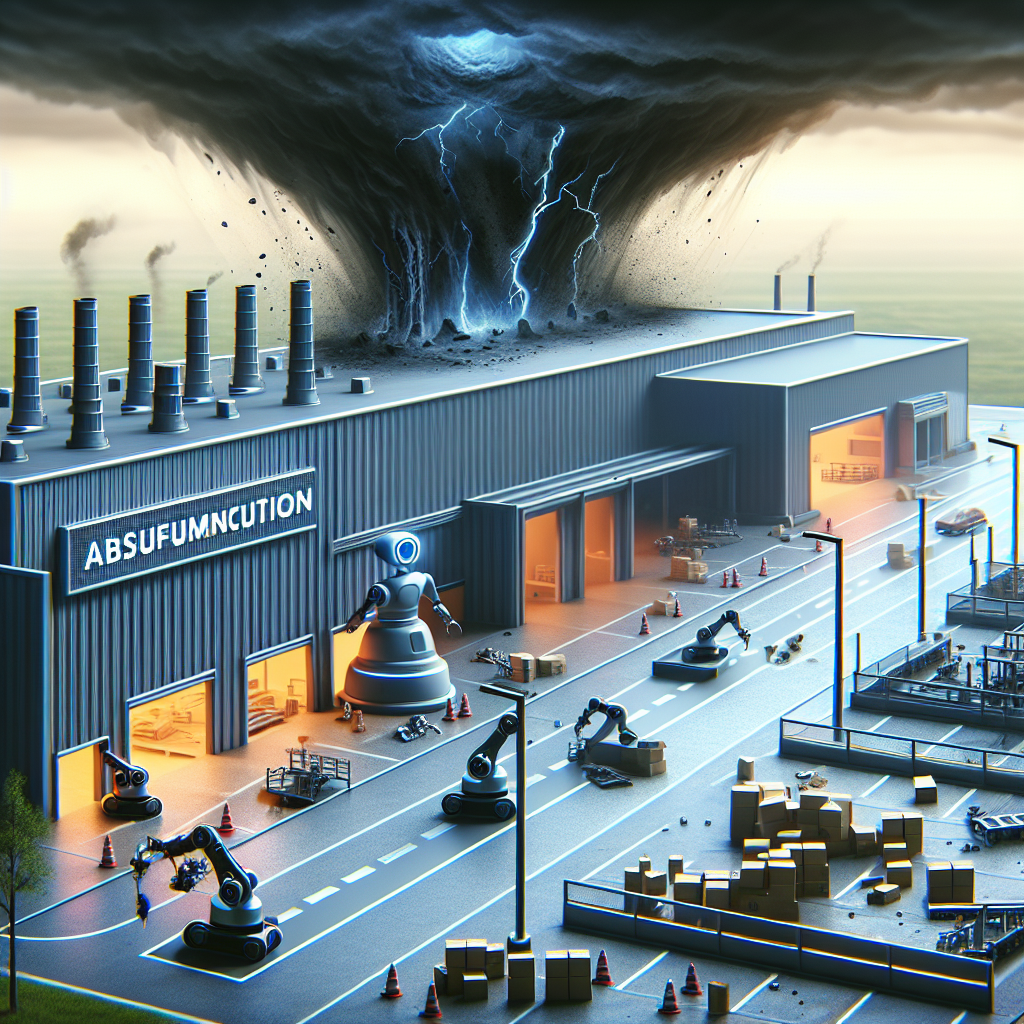AI News
The Ripple Effects of a Tsunami on the AI Ecosystem
The Precarious Balance of Global AI Advancements
As the technological era progresses, artificial intelligence (AI) continues to be the cornerstone of innovation and development across various sectors. While the AI ecosystem flourishes, its robustness and resilience to natural disasters have started to stir concern among stakeholders. For instance, a hypothetical tsunami hitting Taiwan could send tremors across the AI landscape that would be felt worldwide. This scenario underscores the underlying vulnerability of an industry heavily reliant on specific geographical regions for critical resources.
The Geographical Concentration of AI Production
Taiwan is indisputably a titan in the semiconductor manufacturing industry, housing some of the most sophisticated fabrication plants (fabs) globally. These facilities are essential for producing the advanced computing hardware that powers AI technologies. A significant natural disaster in Taiwan, like a tsunami, could disrupt these operations extensively, leading to severe shortages in the supply of essential components such as GPUs (Graphics Processing Units).
The Immediate Aftermath and the Resilience of the Industry
The direct consequences of such a disaster would likely include halted production lines, workers’ displacement, and infrastructural damage, bringing immediate supply chain disruptions. However, the AI ecosystem is not as fragile as it might seem. Companies like Intel, with fabs equipped to produce technology from prior generations, could potentially step in to bridge the gap temporarily. Although these alternative fabs might not match the cutting-edge capabilities of Taiwan's facilities, they can still churn out relatively advanced technologies that could keep the wheels of the AI industry turning.
Exploring Alternatives and Mitigating Risks
In light of potential geographical risks, the AI industry's dependency on Taiwan's fabs invites a broader discussion about diversification. Intel and other companies possessing older generation fabs illustrate an untapped resilience strategy. By maintaining and even slightly upgrading these facilities, the industry could mitigate the risks associated with over-reliance on a single region. Moreover, this strategy would not only serve as a contingency plan but could also potentially lead to more sustainable production practices within the industry.
Explore Intel's technology advancements
Future-Proofing the AI Ecosystem
Looking forward, the AI sector could benefit significantly from adopting a more decentralized approach to its critical manufacturing processes. Establishing more geographically dispersed fabs, albeit less advanced than Taiwan's, could be a strategic move to enhance the industry’s resilience against natural disasters. Moreover, investing in research and development to upgrade these facilities could reduce the performance gap, ensuring that in times of crisis, the fallback options are not drastically inferior.
Conclusion: Strengthening Through Preparedness
While the thought of a major tsunami wreaking havoc in Taiwan presents a daunting scenario, it also serves as a critical reminder of the importance of preparedness in an interconnected global economy. The AI industry, pivotal to the future of technology, must consider proactive strategies to safeguard against potential disasters. By diversifying production locations and maintaining a spectrum of technological capabilities globally, the AI ecosystem can enhance its robustness and continue its trajectory of groundbreaking advancements.
In the face of adversity, the resilience of the AI industry will be pivotal. As stakeholders contemplate future strategies, the dialogue about geographic and technological diversification needs to gain momentum. Only through thoughtful planning and investments in infrastructure can the industry hope to withstand and thrive amidst the challenges posed by natural disasters.
Related News
- Navigating the Precipice: AI, Decentralization, and the Future of Global Stability
- The AI Race: A Zesty Dive into Geopolitical Implications and Technological Advancements
- Navigating the AI Tsunami: A Deep Dive into the Currents Shaping Our Digital Future
- America's AI Race: The Battle for Technological Supremacy
- The Rising Tide of AI Integration: A Comprehensive Look into Recent Developments
